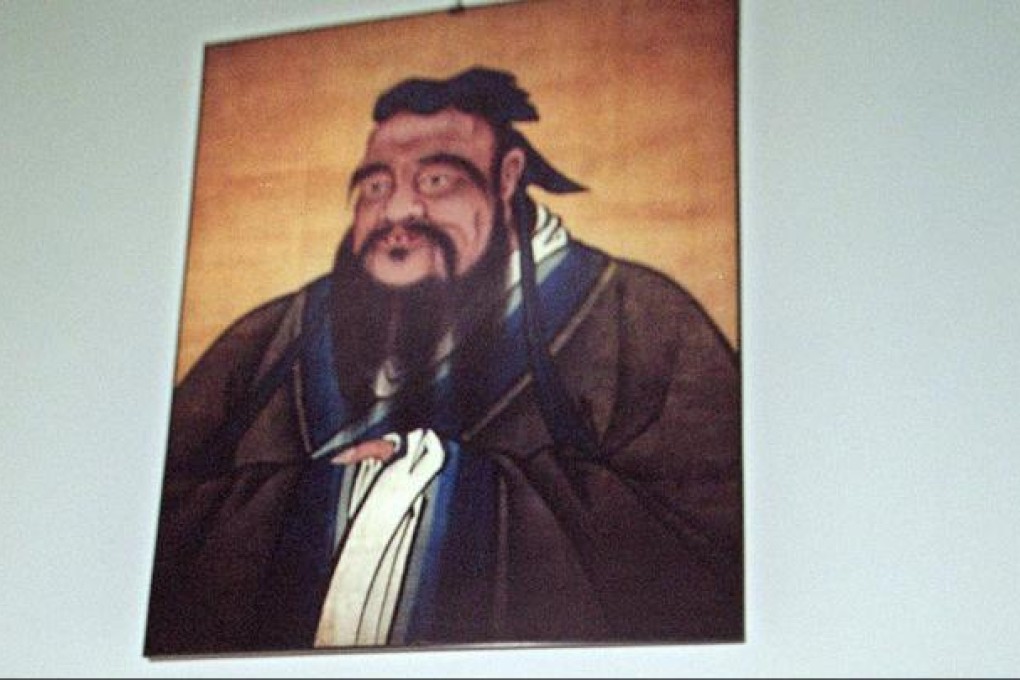My Take | Was Confucius a behavioural scientist?
If John Stuart Mill would feel at home with neo-liberal economics, Confucius would love behavioural economics and the new "nanny state" schools of libertarian paternalism and coercive paternalism it has inspired.

If John Stuart Mill would feel at home with neo-liberal economics, Confucius would love behavioural economics and the new "nanny state" schools of libertarian paternalism and coercive paternalism it has inspired.
Much has been written about the revival of Confucianism as a political philosophy and ideology to replace Maoism in China. But a new governmental paternalism inspired by behavioural science is, interestingly enough, perfectly in sync with Confucian paternalism.
There is a fascinating review by Cass Sunstein of the philosopher Sarah Conly's new book, Against Autonomy: Justifying Coercive Paternalism, in the current issue of the New York Review of Books.
A law professor and, until recently, a regulatory regimes adviser to Barack Obama, Sunstein co-authored the bestseller Nudge, which helped popularise such ideas as libertarian paternalism and "choice architecture". People like Conly and Sunstein think Mill got it all wrong about individual autonomy and political freedom.
People should be free to do what they like, Mill argues in On Liberty, because they know what's best for them better than any outsider, say, a nanny state. He then goes to extremes, arguing people may harm themselves, as long as they don't harm others. This is an idea that underpins democratic practices, free markets and deregulation in the English-speaking world, though less so under the European welfare state.
But what behavioural psychology and economics find is that people often don't know what's best for them and suffer the same mistakes and blind spots - even after these have been pointed out to them again and again.
